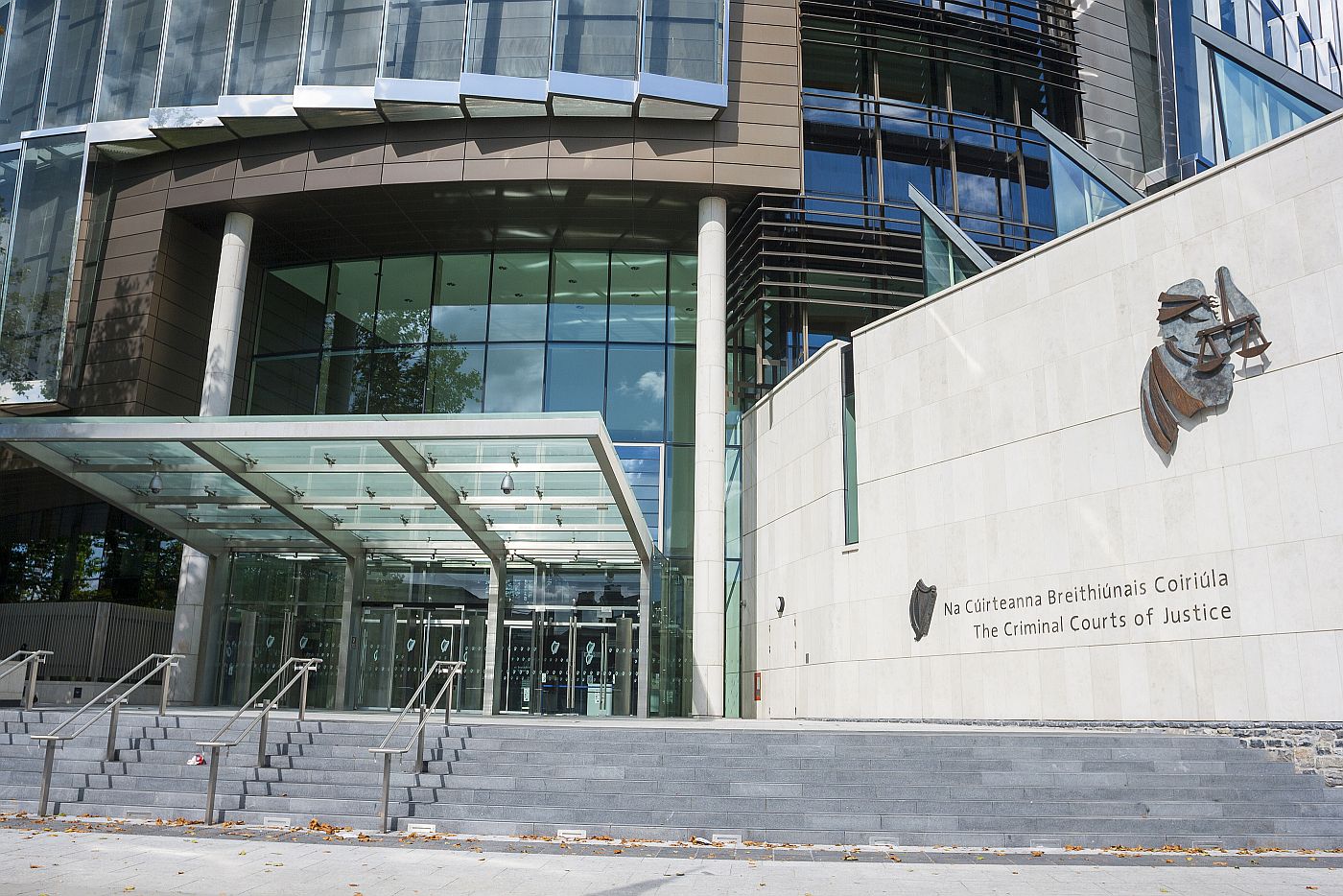By Fiona Ferguson
A construction worker whose careless driving caused the death of a man he had failed to notice lying on the road has been given a suspended sentence.
Witnesses described signalling to Mohamid Benchouat (25) as he approached the scene in the early hours of the morning but said his car passed them and drove over the man on the road.
The court heard Benchouat left the scene of the accident but co-operated when gardaí traced his car.
Benchouat, of Rolestown Cottages, Rolestown, Swords, pleaded guilty at Dublin Circuit Criminal Court to driving without due care and attention thereby causing the death of Mr Ilmars Zorge on the R125 in Swords on June 24, 2018.
He has three previous road traffic convictions.
Judge Melanie Greally said that the defendant had not proceeded the sufficient degree of caution to enable him to see the victim.
His second fault was he left the scene after realising that he had likely struck a person.
She noted that as well as the emotional distress felt by the family of Mr Zorge they were also exposed to expenses which they were ill equipped to deal with at the time.
She said that the defendant’s previous conviction for driving without insurance was significant.
She noted a number of mitigating factors including the significant remorse and guilt felt by Benchouat.
She said that a number of character references spoke extremely well of him and said he came from a respectable family and had a history of employment, working on construction sites.
She suspended a prison term of 12 months on condition he keep the peace for that period and hand over a sum of €2,000 which he had brought to court to be forwarded to the victim’s family.
Garda Conor Tumbleton told Elva Duffy BL, prosecuting, that the deceased man, a 33 year old Latvian national, had been drinking with colleagues at his workplace where he was a fruit picker celebrating the national day of Latvia.
Garda pieced together his movements through CCTV and believe that a large amount of alcohol was consumed before the man began walking home alone along poorly lit roads in the early hours carrying a bottle of spirits.
Other motorists saw the man on the road, swerving as he walked. He was described as very drunk and not steady on his feet. Witnesses described the situation as dangerous.
A further witness described seeing an object on the road ahead of him, which he thought was a black rubbish bag but as he came closer found it was a man lying facing down horizontally across the road.
Motorists stopped to warn other road users so the man would not be harmed.
Drivers stopped at the scene were flashing lights to warn others to slow down while another was waving his hands to flag to others to slow down and not to proceed.
This witness frantically waved to an approaching car but it passed him and over the man on the road, before moving on 80 yards.
This car, driven by Benchouat, who was on his way home from socialising in Swords, then stopped.
A taxi driver pleaded with Benchouat to come back and help.
The driver of the car appeared to consider his options before driving off with a loud skid, the court heard.
Gardai did considerable work identifying the car and piecing together CCTV and identified the Benchouat as the suspect.
After his arrest Benchouat was very co-operative and told gardaí he ran over something, had panicked and left the scene.
Mr Zorge was removed from the scene having suffered extensive crushing with a series of injuries
to the lower part of his body causing his death. The court heard Mr Zorge had no family in Ireland but was the primary breadwinner for his family at home.
The garda agreed with Dean Kelly SC, defending, that his client had been located by gardaí the following day and he had expressed great remorse.
The garda agreed the area was not well lit but not pitch black and that the State’s case was Benchouat should have seen the man.
The court heard there was no evidence of extreme speed and that the defendant did not proceed with sufficient caution after seeing two cars with either hazard or flashing lights indicating there had been an incident of some sort.
Mr Kelly said there were no “boiler plate aggravating factors” in the case such as racing, alcohol or drugs.
He said his failure to remain at the scene was an aggravating factor but did not lead to the man’s death or prolong his suffering.
He said his client’s family was in court to support him and submitted he was a regular decent hardworking person who suffered greatly with guilt.
He said Benchouat was troubled and haunted by the death of an innocent person.
Mr Kelly handed in a number of letters and references which he said painted a picture of a kind, good hearted and helpful person.
He said his client had a good work history.
He asked the court to take into account his guilty plea and full co-operation.
He submitted the case fell into a category which just barely trespasses into criminality where the level of recklessness was very low and the consequences of the act or omission were very great.
